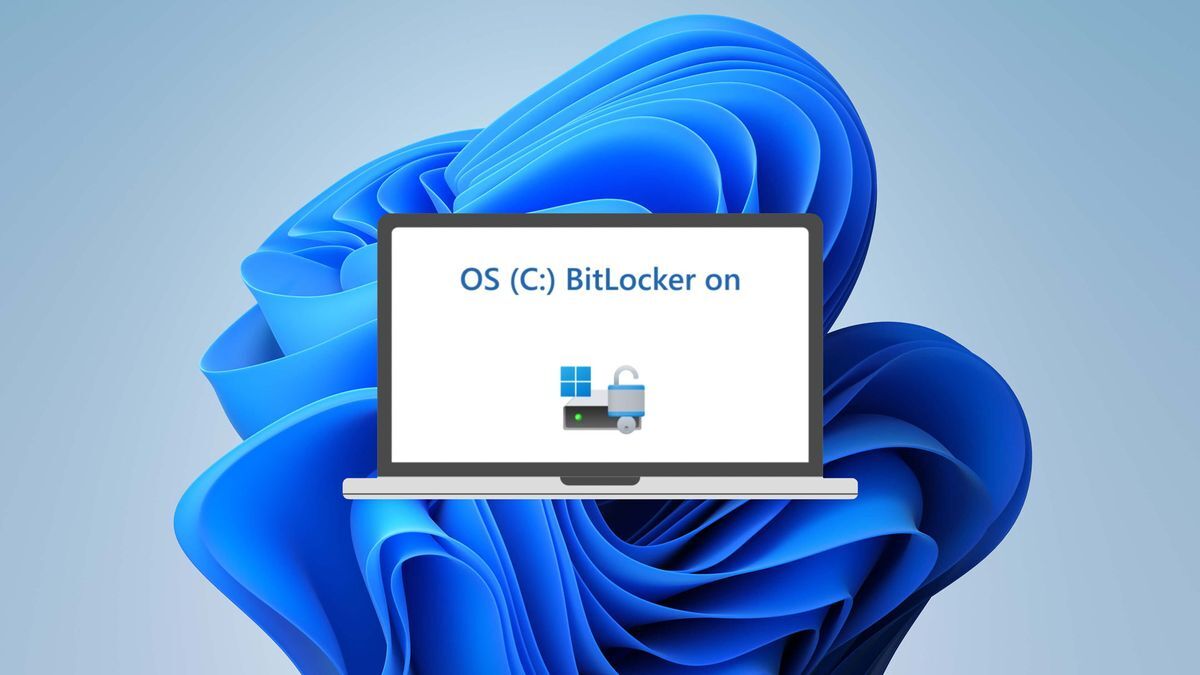This is the best summary I could come up with:
While many SSDs come with hardware-based encryption, which does all the processing directly on the drive, Windows 11 Pro force-enables the software version of BitLocker during installation, without providing a clear way to opt out.
While we have results for higher queue depths, note that the QD1 numbers are far more meaningful in the real world, as this is the most common type of file access in typical operating system environments… and that’s where software BitLocker impacted performance the most.
Lower latency delivers snappier performance in day-to-day use, and it’s the primary reason the industry at large has moved from slow rotating hard drives to faster SSDs.
Given that this extra layer of latency, albeit at varying degrees, will also be added to slower types of SSDs, like QLC or low-tier drives, this could have a much bigger real-world impact in some systems.
Windows 11 disk caching might be a factor there, but QD256 is basically fantasy land for storage workloads (remember, low queue depths are the most common), so we don’t put too much weight on it.
There’s a curious “bump” with the 990 Pro that we’ve noted before on the read speeds, but write performance shows a smoother line with the software BitLocker trailing up until the 256KiB block size.
The original article contains 2,491 words, the summary contains 212 words. Saved 91%. I’m a bot and I’m open source!
Thats heavy
I use BitLocker with Windows 10 on multiple SSDs and never noticed any sort of slowdown. The three Samung 980 Pro I have perform as they should. Does Windows 10 have on-SSD hardware encryption enabled by default?


